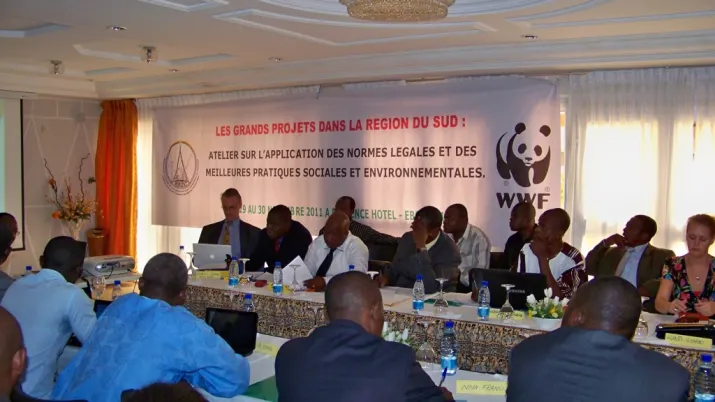News
Access to quality sanitation in kenyan slums: Sanergy's model
Sanergy strives to leverage the entire sanitation value chain to create vibrant micro-businesses in informal settlements and by-products that can be marketed to Kenyan farmers. Hazardous waste is remo...
Published on
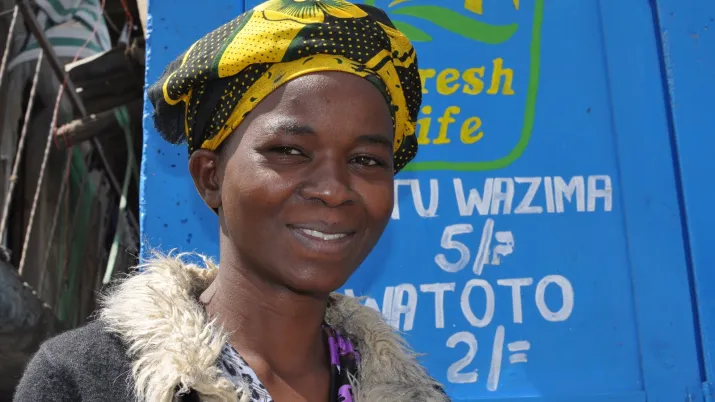
The ambitious and challenges of social business - Better definiting and structuring the sector
Social business is a demanding business model: social enterprises pursue social or environmental goals while also seeking long-term profitability and they face many challenges. In the wide- ranging ‘i...
Published on

Sub-Saharan Africa: Growth also depends on the funding of affordable housing
Well-functioning areas are a key issue for Africa’s development. The housing sector, with the construction of millions of affordable homes for the masses in Africa, represents a major challenge but al...
Published on

The Big Bang in Big Data: an opportunity for African urban policies
Each day, our intensive use of information technologies generates trillions of data bytes termed “Big Data”. Some big data has a high socio-behavioural value and may therefore be of use in producing d...
Published on

Teaching teachers: first steps in improving education in Sub-Saharan Africa
Elun is a nonprofit providing free teacher education to schools in the developing world with a number of ongoing projects in Rwanda, Pakistan, Bangladesh, and Tanzania. This article presents Elun’s id...
Published on
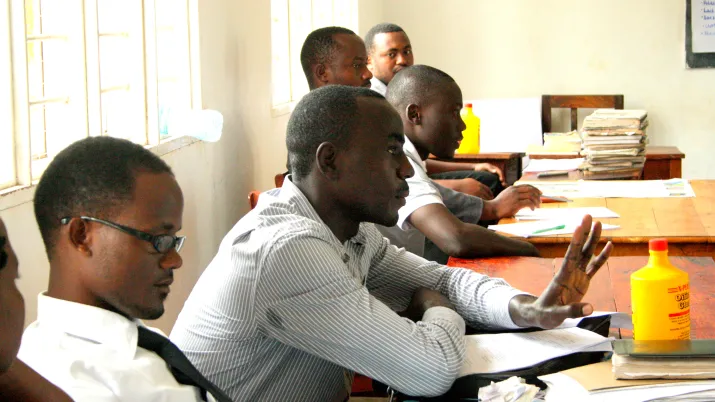
Encouraging banking sector participation in climate finance, the case of Kenya
The development of energy resources and energy efficiency in Kenya is a current necessity as well as a big challenge. To meet that challenge, Kenya's Association of Manufacturers (KAM) has partnered w...
Published on

Pooling – an innovative way of releasing capital for renewable energy in India
The Indian government's electrification plans offers major opportunities for renewable energies, with small and medium sized enterprises (SMEs) best placed to meet them. They, however, face challenges...
Published on
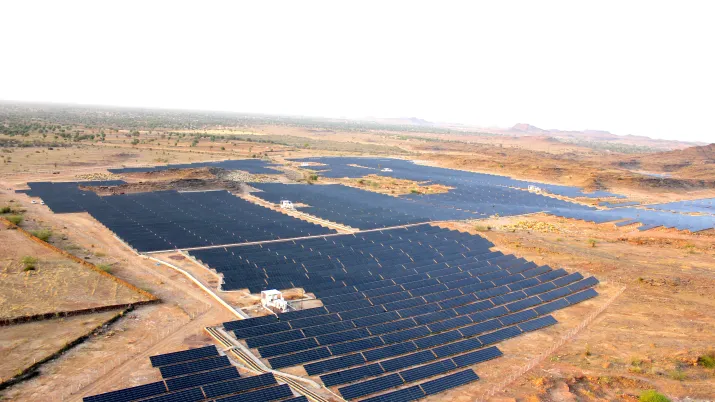
Chile, a case of market-driven transition to renewables
Chile has seen an astonishing surge in renewable energy production. Key factors underlying this success: an abundance of natural resources, an open energy market and a robust regulatory framework, com...
Published on
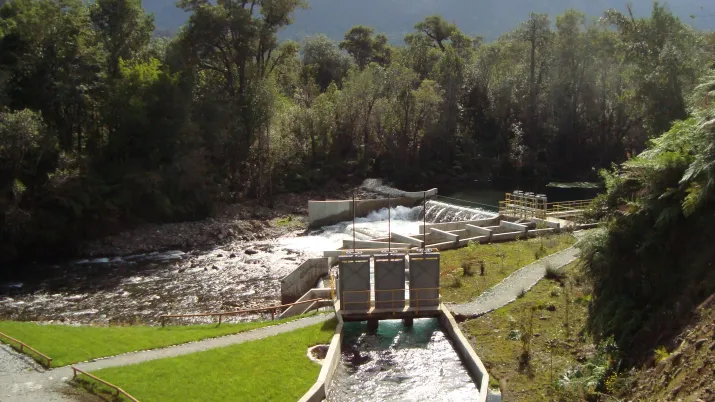
Towards carbon risk and climate performance recognition in the financial sector
Despite the clear need for their involvement, finance-industry players currently remain largely disengaged from the investment needs of the low-carbon economy. ‘Carbon risk' and ‘climate performance'...
Published on

Green bonds – a promising tool for climate finance
The green bonds market is booming – boosting the growing flows of private capital being channelled towards energy transition and with the potential, ultimately, to encourage the direct financing of gr...
Published on

Adapting to climate-change: the private sector can contribute
Adapting to climate change is one of the greatest challenges of this century – its effects are already evident and widespread, and the developing world is particularly vulnerable. Multilateral develop...
Published on

Tomorrow's Africa: secondary and tertiary education, the catalyst for change
Africa countries have made huge strides in providing universal access to primary schooling, but secondary and tertiary educational opportunities lag far behind – creating enormous development challeng...
Published on

$ 40 billion needed to reduce global deforestation
Private financing for sustainable forest management is far greater than public financing, but still falls far short of what is needed to halve global deforestation by 2020. There is a serious informat...
Published on
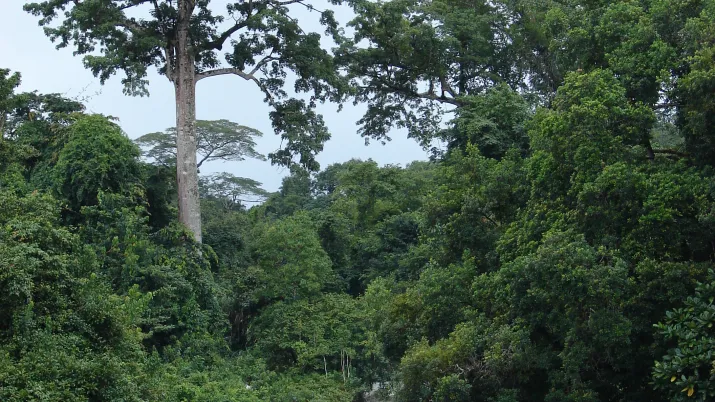
Meeting the challenge of funding the transition to low-carbon, climate-resilient societies
Current funding levels are insufficient to limit global warming to 2°C above pre-industrial levels, despite resources such as some of the Kyoto Protocol mechanisms. For a successful transition to a lo...
Published on
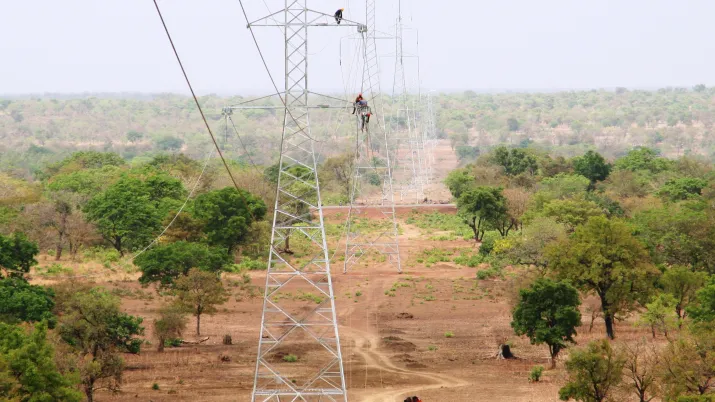
Towards an intercultural approach to CSR in Africa
By virtue of their specific cultural imperatives and practices, African businesses are invested with a social mission, extending beyond their exclusively economic role. At a time when a more corporate...
Published on

An agribusiness group pioneering CSR practice in Africa
The example of the Côte d'Ivoire group SIFCA demonstrates that CSR is a guarantee of sustainability and functions as a performance lever for companies. Since 2007, SIFCA has been committed to sustaina...
Published on
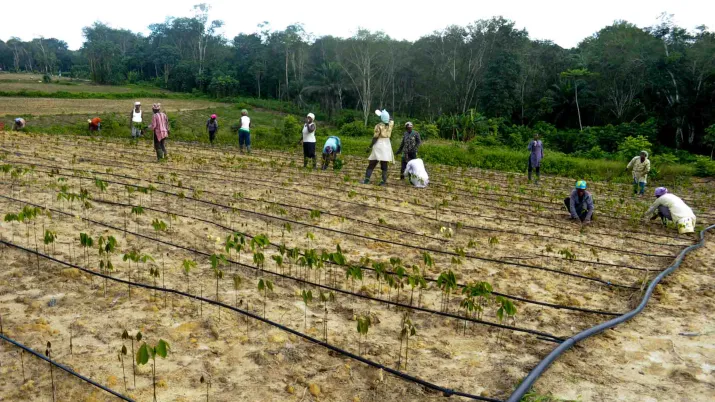
Boosting CSR in African SMEs: the experience of an impact investor
African SMEs often lack the funding to put formal CSR policies in place, but doing so could help them to achieve greater economic success and boost their impact on development. As well as providing fu...
Published on

From aid to partnership: Lafarge's CSR programme in sub-Saharan Africa
Industrial ecology is a major component of Lafarge's corporate social responsibility programme in sub- Saharan Africa – alongside initiatives promoting safety at work, healthcare and education. The gr...
Published on
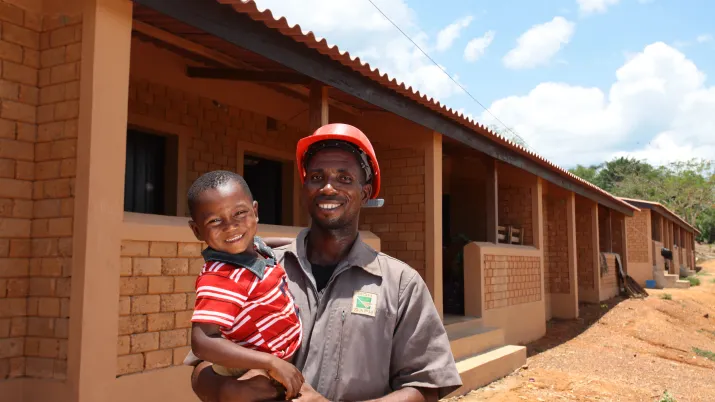
Can private investment finance clean energy in Southeast Asia?
Demand, policy support and supply-chain development have together created a compelling opportunity for private finance to invest in renewable energy in Southeast Asia – private equity funds, as well a...
Published on
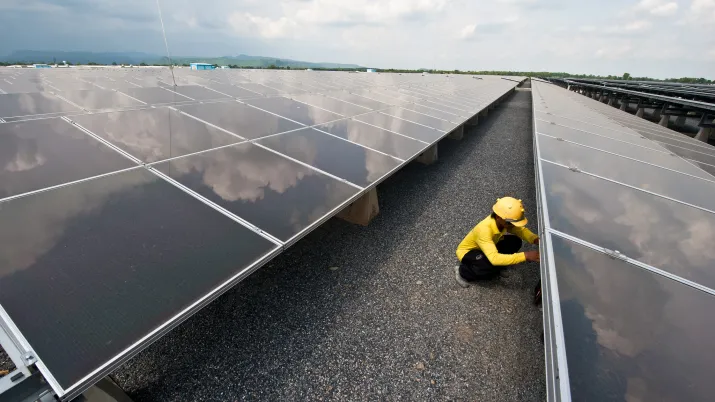
Persuading businesses to commit: the WWF approach
For an NGO such as WWF, corporate social responsibility (CSR) is an effective lever for influencing the practices of the private sector and for challenging its economic models. WWF therefore develops...
Published on
